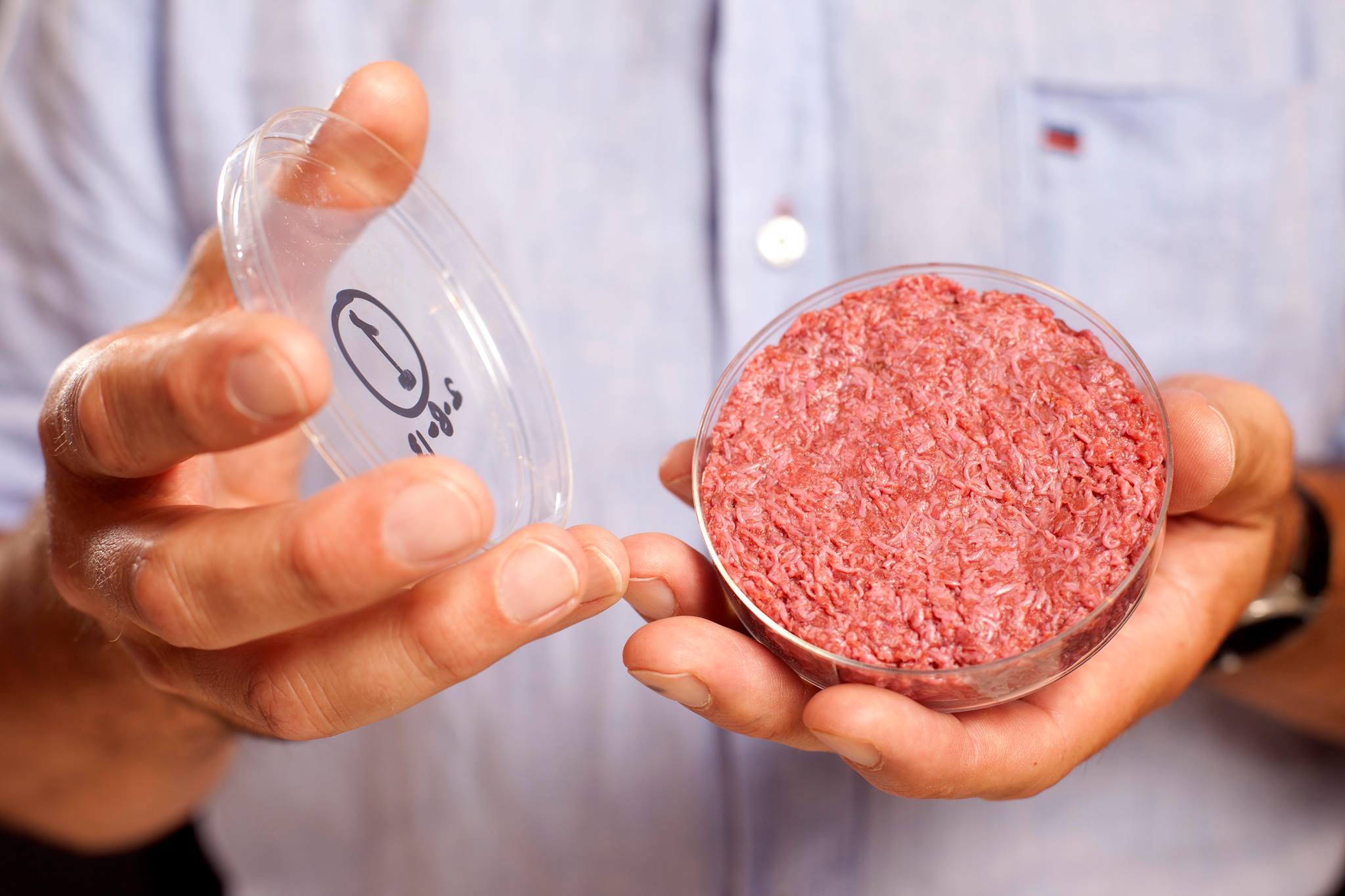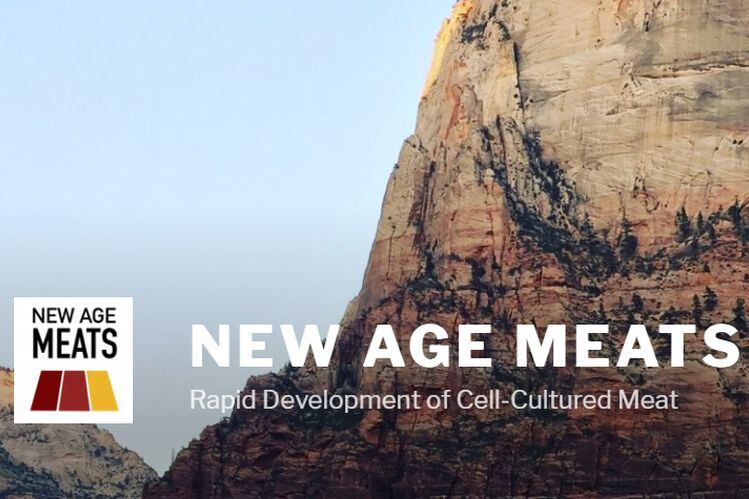Rabbi Menachem Genack, CEO of the kosher division of the Orthodox Union, the largest kosher certification and supervision agency in the world, told FoodNavigator-USA: “We’re very excited about this technology because the carbon footprint of cattle in the US is very large, so there will be a positive impact on the environment.
“But for the kosher consumer specifically, this is very exciting because it could dramatically lower the cost of meat. Right now, we accept only about 40% of animals that are slaughtered as you have to check there are no punctures or lesions on the lung and so on, and most [Jewish] communities in the US – although it’s different in Israel - don’t use the hind quarters of an animal as it has the forbidden fats and the sciatic nerve, which is not permitted based on biblical law.
“If they produce meat synthetically, so to speak, we’d accept 100% of the meat as kosher.”
Is clean meat considered ‘meat’ or ‘pareve’?
However, there are differences of opinion among Jewish scholars as to whether cell cultured meat is considered to be ‘meat,’ or ‘pareve’ (not meat or dairy), he said.
“Initially, I considered it to be pareve, but now that I have a greater understanding of the technology, it’s my position that clean meat is ‘meat,’ and therefore it can’t be eaten with dairy [so no clean meat cheeseburgers].
“It’s not simply that they take a template so to speak of the DNA and they are matching it to that, it’s that the cells continue to divide, so in my view clean meat is defined as meat under kosher law. Also, it looks like meat, tastes like meat, it’s meat.”
But he added: “But there are other rabbis that consider it to be pareve. I’d say that there are differences of opinions but we’re moving towards a consensus that it’s considered meat. We’ll be putting out a formal position in the future, but we’re still ahead of the technology – no products are on the market yet – there is still time.”
Cells used in clean meat production must originate from kosher species
While some rabbis consider clean meat to be pareve, this does not, however, mean they believe that clean meat from animals such as pigs and shellfish (which are not kosher), would suddenly become kosher (sanctioned under Jewish dietary law), because there would still be a requirement that the source cells for clean meat must be derived from kosher species, he stressed.
“In Jewish law, that which is derived from not kosher, is considered to be not kosher, so if the initial cells are non-kosher, either because it’s a non kosher species or a non kosher slaughtered animal [editor’s note: clean meat companies take biopsies of cells from living animals, not slaughtered ones], then the resulting meat would not be kosher. There are a few people that think otherwise but they are very much a minority opinion.”
Asked about oversight of clean meat production facilities, given that no animal slaughter is involved, Genack said: “The main thing is to ascertain that the cells come from a kosher source, and that the equipment used is designated only for kosher use.”
OK Kosher: ‘Our rabbinic department really must thoroughly study the matter’
Rabbi Chaim Fogelman, who is responsible for consumer marketing and education at certification body OK Kosher told us: “This is a new and very complicated issue and deserves much investigation on our part to determine its kosher status.
“So before we can come to any conclusions our rabbinic department really must thoroughly study the matter (as they currently are). The last thing we want to do is determine one thing and then have to retract and change its kosher status.
“As far as our excitement about such a product coming to market, any product that comes to market and has health benefits and can be determined to be kosher, is a win-win situation for everyone.”
STAR-K: We're looking into it...
Dr Avrom Pollak, president at kosher certification agency STAR-K has not yet developed a formal position on the status of cell-cultured meat, although he welcomed any technology that could help reduce the environmental footprint of meat.
Dr Pollak, who has a PhD in cell and molecular biology, added: "In order to make a definitive statement on whether cell cultured meat would be considered pareve or meat, we’d need to see the exact technology and look at the cells used in the original culture. Are they individual cells or is it a piece of tissue that is recognizable and can be seen? We’d have to look at the techniques used in propagating the cultures to see how it’s done.”
What is kosher?
The Bible lists the basic categories of food items which are not kosher [not sanctioned by Jewish dietary law]. These include certain animals, fowl and fish (such as pork and rabbit, eagle and owl, catfish and sturgeon), most insects, and any shellfish or reptile. In addition, kosher species of meat and fowl must be slaughtered in a prescribed manner, and meat and dairy products may not be manufactured or consumed together.
Read more at the OU Kosher website HERE.




